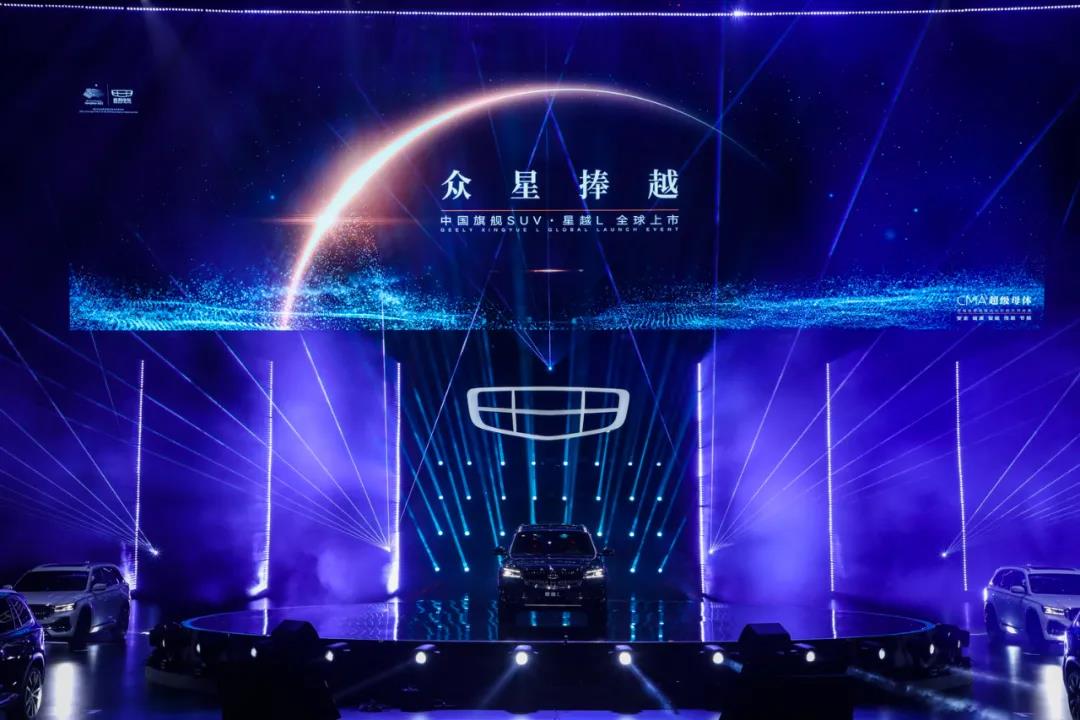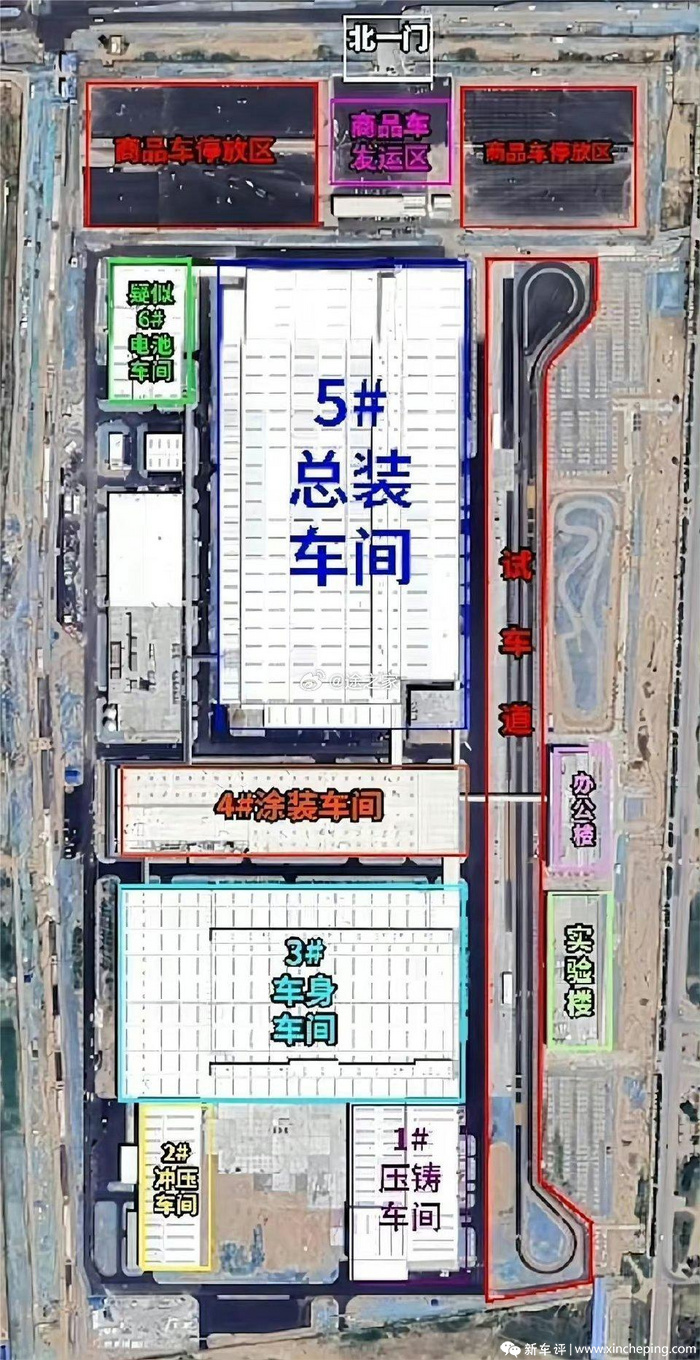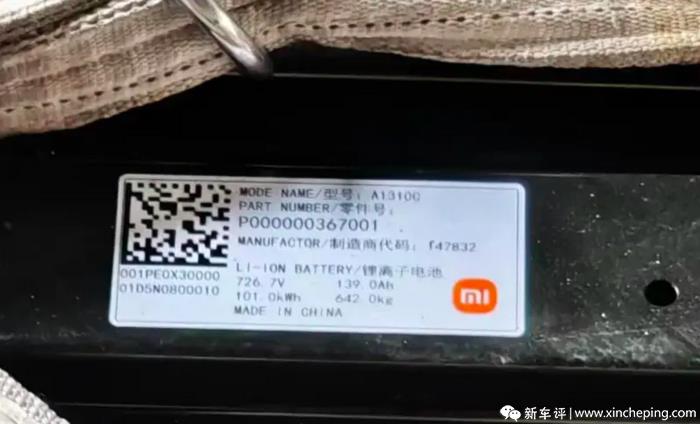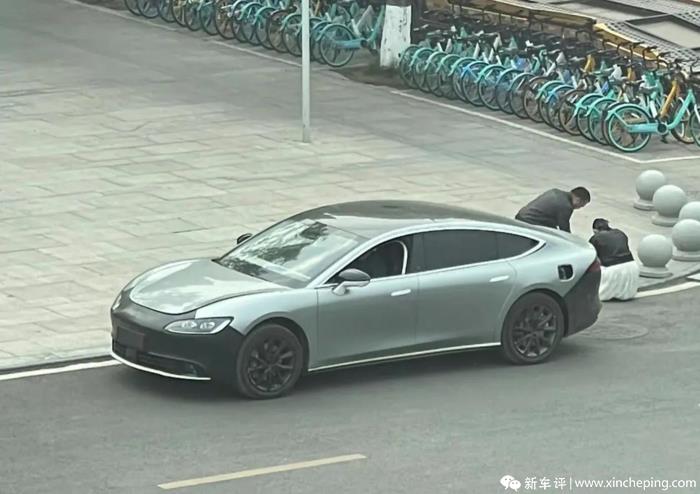
A store called "Ghost Falling Teeth Half Price Sheep and Scorpion", "Ele.me" shows the address as "No. 1 East of Jingming Century Commodity Market, Fengtai District", but the reporter only found "Huishangyuan Home Cooking" at this address.
Visit: Suspected acts such as unlicensed operation and false registered address still exist in large numbers on this platform
The proprietress bit open the ham sausage with her teeth and put it in the fried rice, the chef put her finger into the pot and dipped the soup to taste the taste, and the staff assisted the black workshop to settle on the platform… After being exposed by CCTV’s "3.15" party, the online ordering platform "Ele.me" has continuously spoken out and launched a series of rectification measures. Now that half a month has passed, has Ele.me really "changed"? Recently, a reporter from the Beijing Morning Post made multiple unannounced visits and found that suspected acts such as unlicensed operation, false registration address, and theft of kitchen photos still exist in large quantities on the "Ele.me" platform.
Phenomenon 1: If you have a certificate, you don’t show it, and you have a receipt without a ticket.
In this year’s CCTV "3.15" gala, Ele.me’s partner merchants were exposed to many problems. In addition to the disgusting hygiene problems, "Ele.me" employees took the initiative to assist unlicensed black workshops to enter the platform. After the gala was broadcast, "Ele.me" launched a high-profile crisis public relations, urgently offline the restaurants involved, and dealt with the relevant responsible persons responsible for the review of merchants seriously. After that, a special working group was established to re-examine the qualifications of restaurants nationwide, and "Seven Swords Under Tianshan" measures such as "Thousands of customer service on standby 24 hours a day" were launched. So, after the massive "scraping bones and treating drugs", "Ele.me" really became a "bright kitchen and bright stove"?
A few days ago, a reporter from the Beijing Morning Post randomly searched for a merchant named "Shanxi Gourmet Xianghe Meat Cake" on "Ele.me", and found this small shop at No. 15 Hucun, Fengtai District, the address displayed on the platform. After looking around the store for a week, the reporter did not find the store hanging an industrial and commercial business license and a health license in a conspicuous position. After eating, he asked the store for an invoice. The owner bluntly said that "you can’t issue an invoice, you can only issue a receipt." The reporter questioned whether "you can’t issue an invoice because you don’t have a business license." The owner was stunned for a moment and immediately said, "I have a certificate, we have a certificate." Then he turned and walked away until the reporter left without getting the invoice or seeing any documents.
The reporter entered "Shanxi Gourmet Xianghe Meat Cake" on the Beijing Enterprise Credit Information Network, and could not find any information about the store. According to Article 59 of our country’s "Regulations on the Administration of Company Registration", the original "Business License of Enterprise Legal Person" or the original "Business License" should be placed in a conspicuous position in the company’s residence or branch business premises. Item 7 of Article 63 of the Implementing Rules of the Regulations on the Administration of Enterprise Legal Person Registration stipulates that if a business license is not hung as required, the registration authority may issue a warning and order it to make corrections; if it refuses to make corrections, it will be fined less than 2,000 yuan. The customer service staff of the consumer complaint and reporting line 12315 also said that even if there is a business license, it is also illegal to hang it in an obvious position in the store. The food and drug complaint hotline 12331 said that those who have applied for a health license must be clearly disclosed to consumers, otherwise consumers can report it and law enforcement officers will investigate.
Phenomenon 2, the store location is unreliable and cannot be found on the ground
On the "Ele.me" platform, partner merchants will mark the detailed address and business hours to prove the authenticity of the store to consumers. So, are these so-called details reliable? Beijing Morning Post reporters noticed in their investigation that address fraud is not uncommon on the "Ele.me" platform.
Some restaurants "do not live up to their names", such as one named "Koukou Xiang (Liujiayao Store) ", the registered address at the bottom of the page is displayed as "Chaoyang District", and according to the administrative division of the city, Liujiayao and surrounding areas belong to Fengtai District, and another "Food Good Luck Pancake (Puhuangyu Store) " registered address is "Nanfaxin Town, Shunyi District". It should be noted that Puhuangyu and Nanfaxin are far apart, with a straight line distance of nearly 40 kilometers.
In contrast, some "ghost restaurants" are more deceptive, and it takes an on-the-spot visit to find out that the location is "made out of nothing". The reporter searched near Liujiayao on the South Third Ring Road and found a restaurant called "Yang Mingyu Braised Chicken and Rice (Dazhong Store) ". According to "Ele.me", the address of the merchant is No. 15, Hengqitiao, Dongtieying, Fengtai District. The reporter walked from the south entrance to the north entrance of Hengqitiao, Dongjiangying Camp, and did not find any restaurants related to "Yang Mingyu Braised Chicken and Rice". The cleaner in charge of the section and several roadside merchants also said they had not heard of the store. Another restaurant called "Just Baked" showed the address on "Ele.me" as "No. 3, Building 19, Fangqunyuan Fourth District, Fengtai District (Bungalow) ", while the reporter visited the bungalow but not the restaurant. The surrounding residents and parking toll collectors also said they had "never seen it".
A store called "Ghost Falling Teeth Half Price Sheep and Scorpion", "Ele.me" showed the address as "No. 1 East of Jingming Century Commodity Market, Fengtai District", and a reporter from the Beijing Morning News accidentally found that there was another "Ele.me" cooperative merchant "Huishangyuan Home Cooking" registered at the same location. On-site inspection found that the owner of the address was "Huishangyuan Home Cooking". The reporter walked along the small alley to the end, and the "ghost shadow" of "Ghost Falling Teeth" was not seen.
Phenomenon, three or four stores and one photo, you can post it and I will also use it.
Among the problems exposed by CCTV’s "3.15" party, the real scenes in the stores of some "Ele.me" partners were very different from the platform photos. The Beijing Morning News reporter investigated and found that the real photos uploaded by many "Ele.me" merchants were not the same as the store name at all, or the information in the pictures was incomplete, making it impossible to identify the authenticity. For example, the photos uploaded by the "BBQ Workshop Gold Takeaway" store showed that the words were only "BBQ Bar", while the photos of "Ruyi Potato Flour (Shazikou Store) " were "Yunnan Crossing the Bridge Rice Noodles".
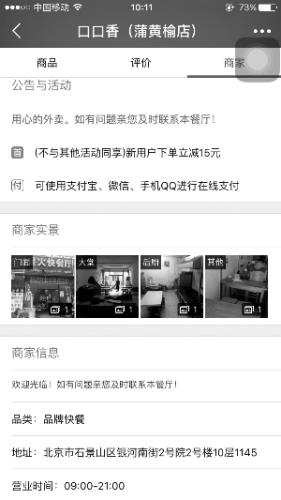
There are also some merchants suspected of stealing pictures, and even four restaurants share a photo. "Ele.me" partner merchant "Koukou Xiang (Puhuangyu Store) " shows that the dishes are covered rice and Chinese stir-fried vegetables. The "real scene" picture uses four pictures, namely the facade, lobby, back kitchen and others. In another "Koukou Xiang (Liujiayao Store) ", the photos of the facade, lobby and back kitchen are exactly the same as those of Puhuangyu Store, only the "other" shooting angles are slightly different. The lobby and back kitchen photos of the merchants "Yang Mingyu Braised Chicken Rice" and "Yang Mingyu Braised Chicken Rice (Dazhong Store) " are also similar to "Koukou Xiang (Puhuangyu Store) ", but the facade photos are different. The reporter clicked on the lobby map shared by the four stores to carefully identify, and found that there is clearly the word "Braised Chicken Rice" on the glass door of the door, which shows that "Koukou Xiang" is suspected of stealing the picture. And who copied who in the two braised chicken rice, or is it counterfeit products, because both stores are false addresses. It is difficult to determine.
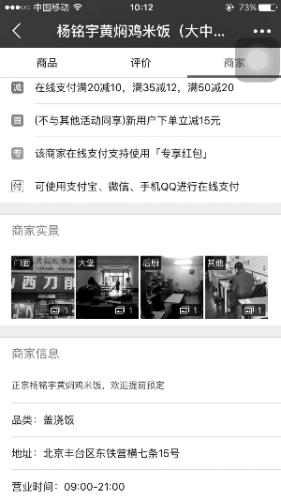
A store called "Ghost Falling Teeth Half Price Sheep Scorpion", "Ele.me" shows the address as "No. 1 East of Jingming Century Commodity Market, Fengtai District", but the reporter only found "Huishangyuan Home Cooking" at this address. Wang Chao/Photo
– "Ele.me" response
It will be reported to the relevant departments.
Yesterday, a reporter from the Beijing Morning Post truthfully reported a series of problems found during the unannounced visit to the "Ele.me" customer service. The other party said that they would not accept media interviews and would record all the problems and report them to relevant departments. As of press time, the reporter had not received any reply.
– Consumer voices
I hope the rectification will not go through the motions.
After the CCTV exposure of "Ele.me", what did consumers think? Mr. Li was once a loyal user of "Ele.me". "After the CCTV exposure, I found that all my previous ordering records were deleted, and some restaurants that had ordered food before had been remodeled. The menu and location have not changed, but they have a new name, which shows that they are new stores without stars." Another consumer, Ms. Liu, told reporters, "After seeing the exposure, I can’t imagine that I may have eaten a lot of black workshop food. Since then, I have never dared to use’Ele.me ‘to order food."
Of course, after being exposed, there were indeed some storefronts being rectified. Mr. Wei revealed to reporters that he found that a meat patty shop that had often ordered food at "Ele.me" could not place an order recently, "because it was near our unit, I went to buy it. When chatting with the boss, he said that" Ele.me "was rectifying recently, and they were offline first, not allowed to be delivered, and they would be online after a week." During the chat, Mr. Wei learned that the store did not have a business license and health permit at all. "To put it bluntly, it is a black workshop. Even if his house goes online in a week, I dare not eat it again. It is unlikely that these two certificates can be obtained in this week." Mr. Wei said that he hoped that the rectification of "Ele.me" would not just go through the motions and completely remove the problem restaurants, so that users can eat with confidence and retain users.
